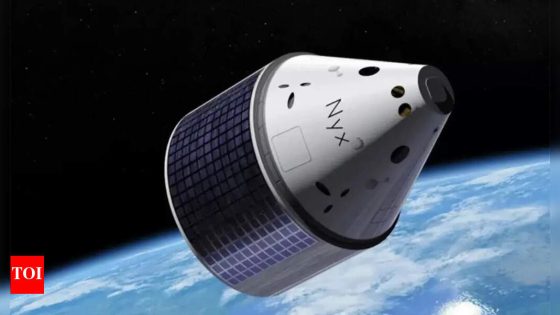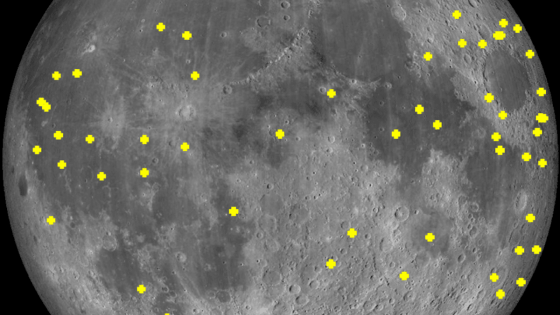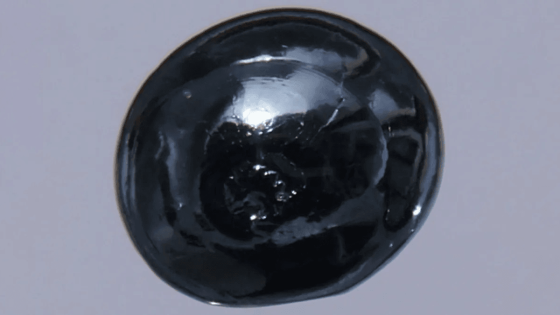A recent space burial mission, part of the innovative “Mission Possible,” ended in tragedy when a capsule carrying the ashes of 166 individuals and cannabis seeds crashed into the Pacific Ocean during reentry. Launched on June 23, 2025, by The Exploration Company (TEC), the Nyx capsule initially succeeded in orbit but lost communication shortly before splashdown on July 6, 2025.
- Space capsule lost during Pacific Ocean reentry
- Mission aimed for first return-from-orbit burial
- 166 individuals' ashes were onboard
- Cannabis seeds included for Martian Grow project
- Families offered support and condolences
- TEC plans to investigate and improve reliability
This mission, organized by Texas-based Celestis, aimed to be a groundbreaking attempt at returning remains from orbit. Despite achieving significant milestones, the capsule’s destruction raises questions about the reliability of such pioneering space endeavors.
The loss of the Nyx capsule prompts reflection on the challenges of space exploration and the emotional weight carried by such missions. How can we ensure the safety of future space burials? What advancements can be made to prevent similar failures? Consider these points:
- The mission achieved successful launch and orbital conditions.
- Communication was lost just minutes before the intended splashdown.
- Celestis plans to support affected families while investigating the incident.
- Future missions will focus on enhancing technical reliability.
As we look to the future, the scientific community must prioritize advancements in aerospace technology to ensure safer missions. Will the lessons learned from this tragedy pave the way for more reliable space endeavors?

































